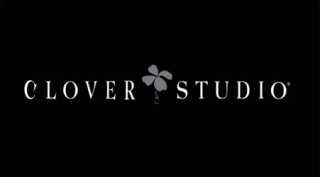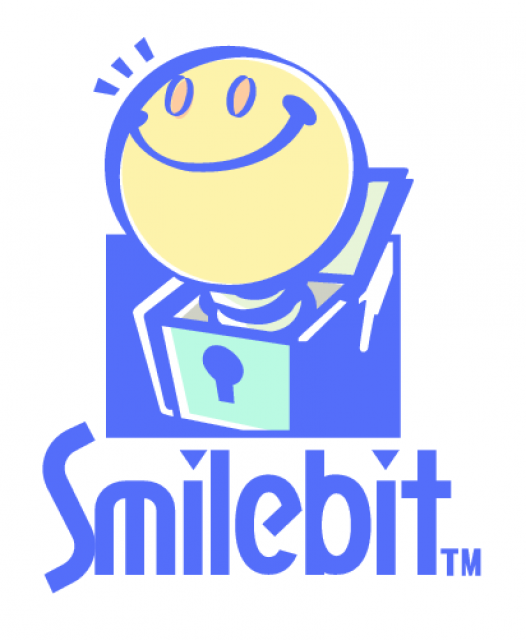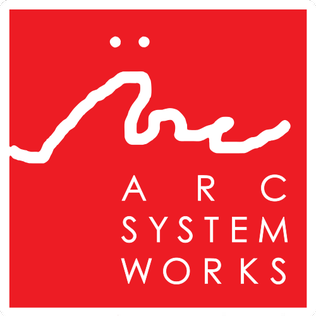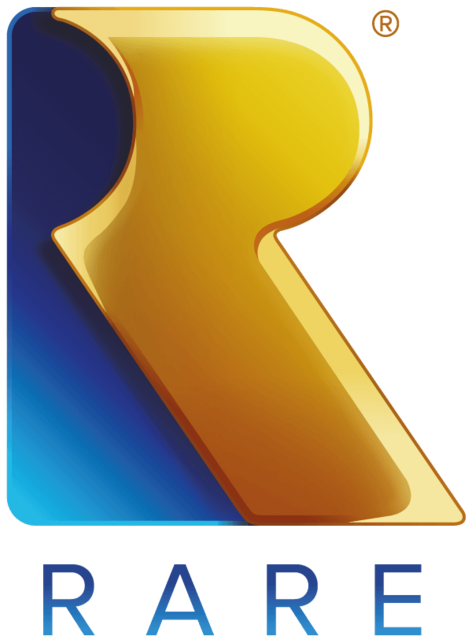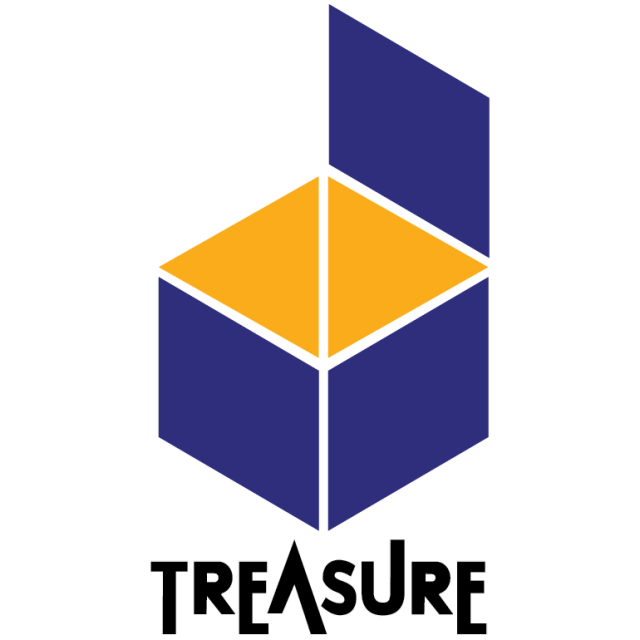Favorite Publishers/Developers
Everybody has their bad games, but these publishers and developers have churned out enough great stuff for me to keep me genuinely interested in their work, even if it goes into genres I ordinarily don't play. If there's one on this list, I highly recommend checking out their work.

